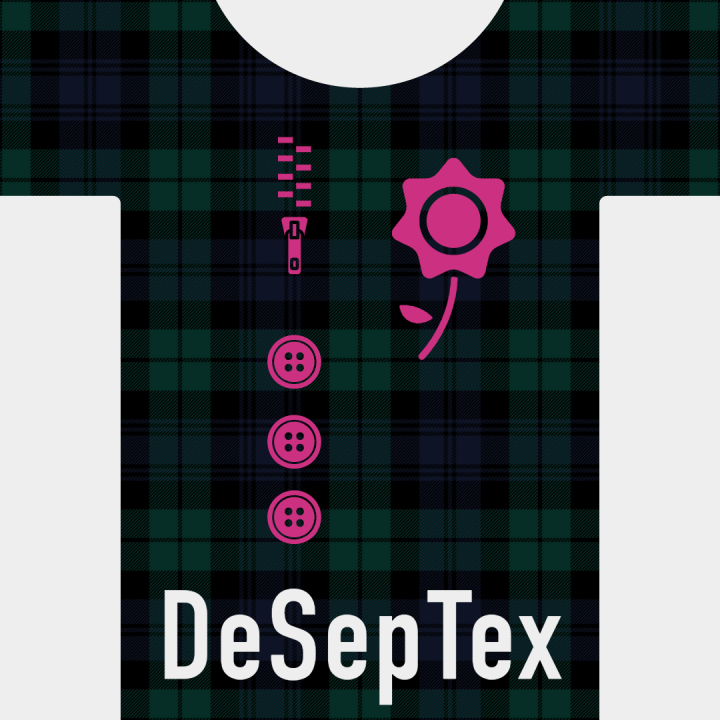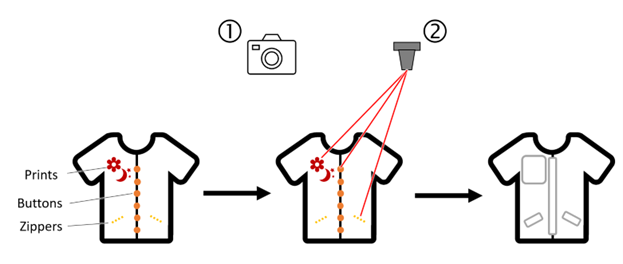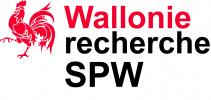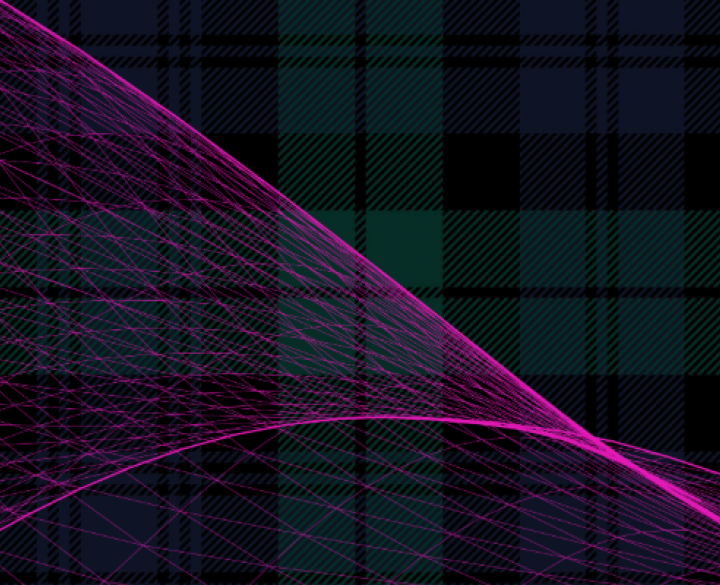One of the major challenges facing the textile industry today is to reduce its environmental impact. This involves waste processing in particular. Every year, 35,000 tonnes of post-consumer textiles are collected in Wallonia. At present, only 5 to 10% of this clothing can be reused and resold in second-hand shops. The rest is incinerated, exported or used in low added-value applications.
This situation is problematic. Disposal costs money (e.g. €120/T for incineration), more and more countries are closing their borders to this kind of export, and these solutions produce CO2.
What's more, from 2025, every EU member state will have to collect textiles separately. As a result, the quantity of textiles to be processed will increase (by a factor of around 3), while the quality will decline. Recycling textiles into textiles would be a solution, as it would save natural resources while reducing energy consumption and CO2 emissions. However, at present, only 1% of textiles collected are recycled into new garments. Recycling textiles on an industrial scale remains a challenge, not least because of the presence of various trimmings such as zips and buttons. These materials have to be removed before the recycling stage.
The aim of this project is to develop a process for the detection and automated removal of these trimmings.
Aim and approach
To this end, the DESEPTEX project aims to develop an innovative process for the detection and separation of trims from post-consumer textiles, in particular buttons, zips and prints.

The project can be divided into two main parts:
- component detection and
- component separation.
The first step is to identify what is textile and what is not. The textiles will first be scanned under a camera (visual and infrared). The various components will then be identified and segmented using an algorithm developed as part of the project. In the second stage, the trimmings will be separated from the textile by laser cutting, a technique used industrially in the textile industry.

Consortium
Coordinator: Centexbel
Partner: Sirris
Financing
Win4Collective, Walloon Region






